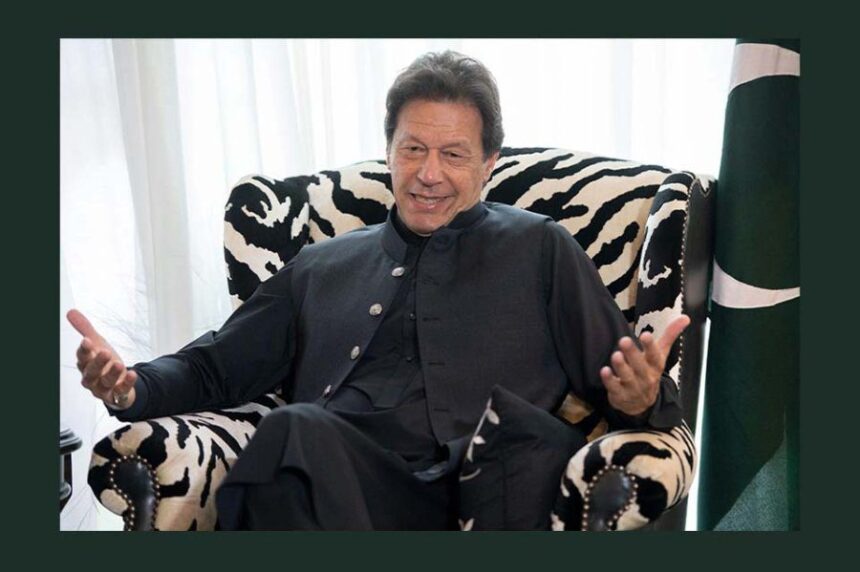Islamabad – PTI founder Imran Khan on Thursday warned that the first phase of the party’s civil disobedience campaign — a boycott of remittances — will begin on December 22 if the government does not meet his “legitimate demands” .
Earlier this month, the former prime minister warned that if his demands for the release of political prisoners facing trial and the establishment of a judicial commission to investigate the events of May 9 and November 26, 2023, were met, the There will be a civil disobedience movement.
Imran had warned that he would ask overseas Pakistanis to stop sending remittances if the government failed to meet his demands, his sister Aleema Khanum said on Tuesday. PTI lawyer Chaudhry Faisal Hussain said a day earlier that Imran had asked the party leadership to wait until Sunday to resume campaigning.
Today, a statement posted on the account of jailed former prime minister X shared “important information” about Imran.
The statement reiterated the demands and said the first phase, including a boycott of remittances, would begin on Sunday if Imran’s demands were not met.
“We will appeal to Pakistanis living abroad, the situation in Pakistan is obvious to you; democracy, justice and media are suppressed, and the period of oppression and fascism continues. Therefore, we urge you to start a boycott of remittances.
The statement said the party’s offer for talks was ridiculed and framed as saying that PTI had surrendered. It added that the offer to negotiate and postpone the civil disobedience movement was in the “wider national interest”.
“We will not force the government to negotiate if they show no interest. Our offer should in no way be seen as a sign of weakness on our part. If the government still wants to block the civil disobedience movement, they must contact us on our two demands , or convince us that these requirements are unconstitutional and irresolvable.
“I invited a negotiating team to meet in the prison and gave their names. Now we will see if the government allows them to meet with me.
After Imran was arrested at the Islamabad High Court on May 9, 2023, riots broke out across the country and lasted for at least 24 hours. At least 10 people were killed, hundreds were injured, and about 40 public buildings and military installations were damaged.
The state subsequently launched a severe crackdown on its party, rounding up thousands of PTI workers and almost the entire top leadership, many of whom still face court proceedings on serious charges.
Meanwhile, a day of fierce fighting between security forces and PTI protesters across the federal capital last month ended with the hasty retreat of the party’s top leadership and supporters from the red zone in the early hours of November 27, ending its “final call”. Protests nationwide.
PTI claimed that at least 12 party supporters were killed in Islamabad due to firing by law enforcement agencies. The government has repeatedly refuted the accusations, claiming that security personnel were deployed “without live ammunition”.
The threat to curb remittances comes after the current account posted a fourth consecutive surplus of $729 million in November, the second-highest since July 2013 and after a surplus of nearly $1 billion in the first five months of the fiscal year. Dollar.
Remittance inflows are expected to increase by $5 billion by the end of this fiscal year, with the government projecting total remittance inflows of $35 billion in FY25 and just over $30 billion in FY24.
Bankers and currency experts attribute the increase in remittances mainly to a crackdown on illegal currency businesses, which has forced remitters to use banks and other legal channels to send money.









